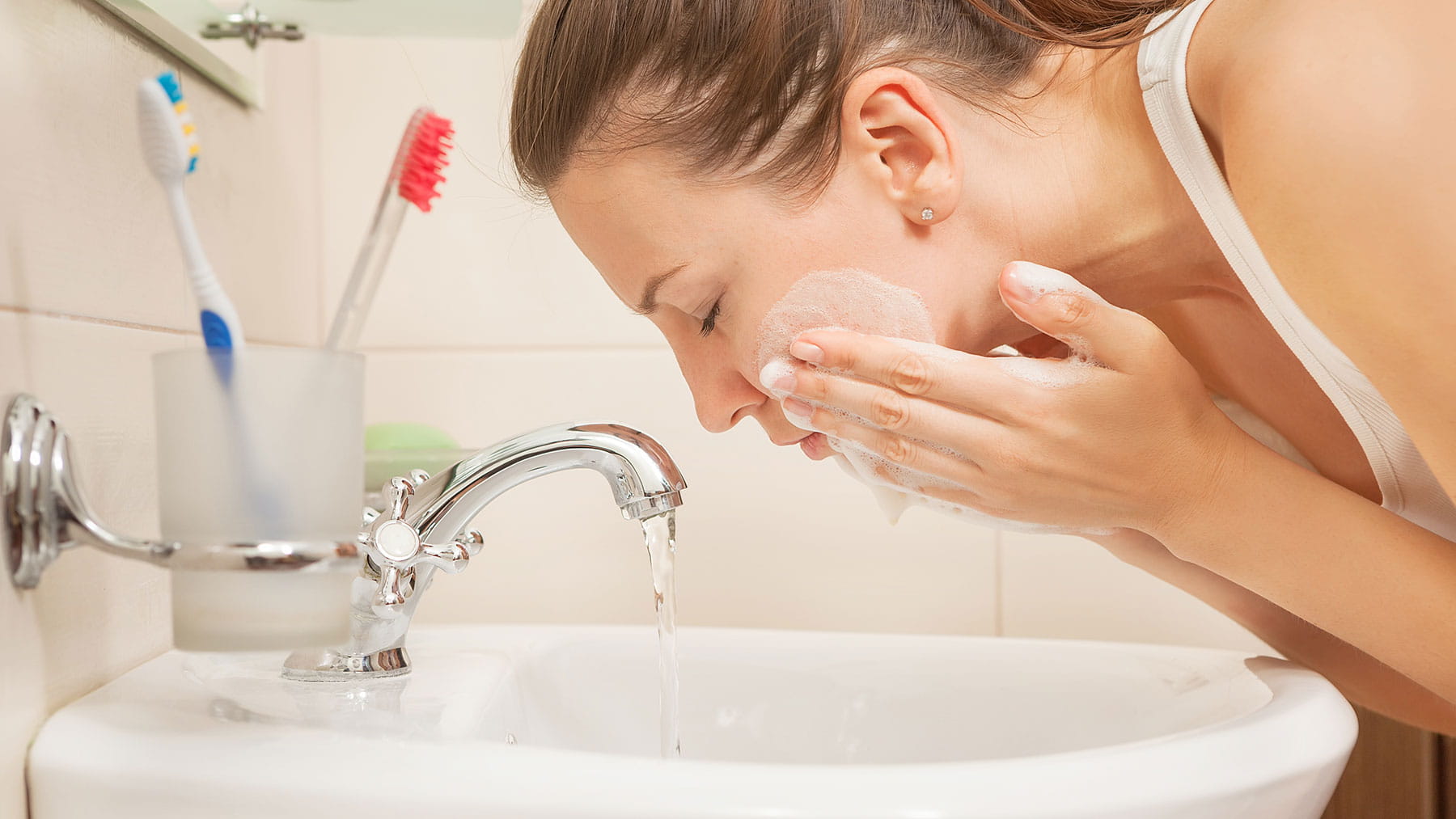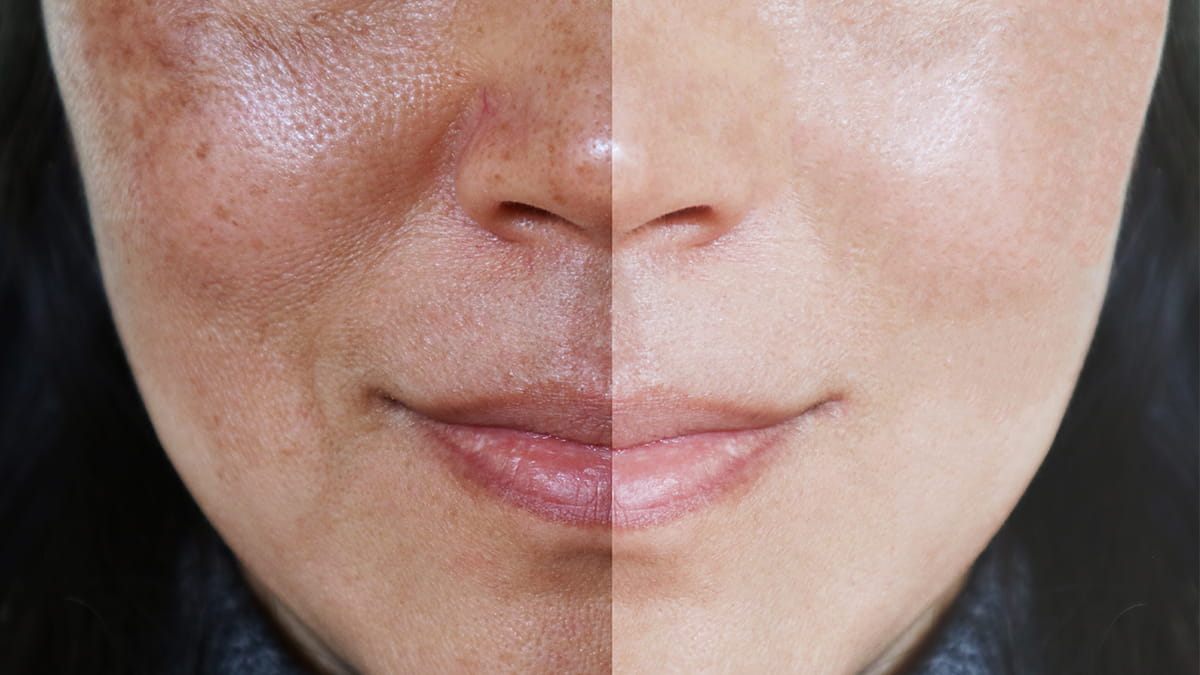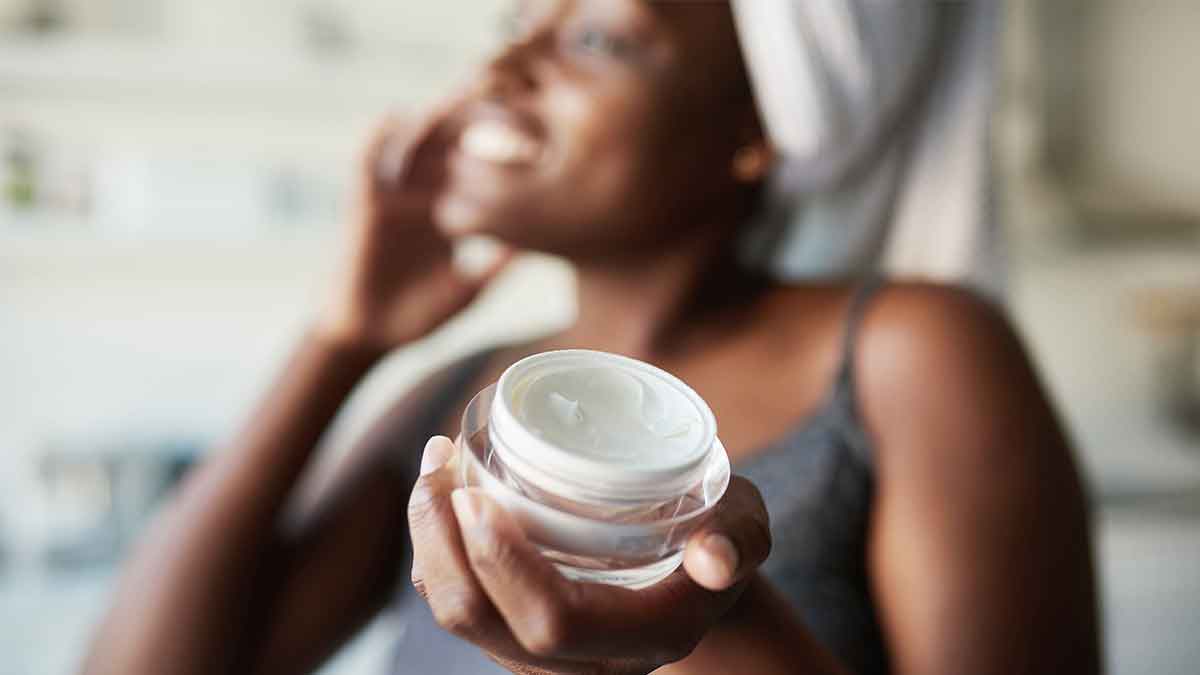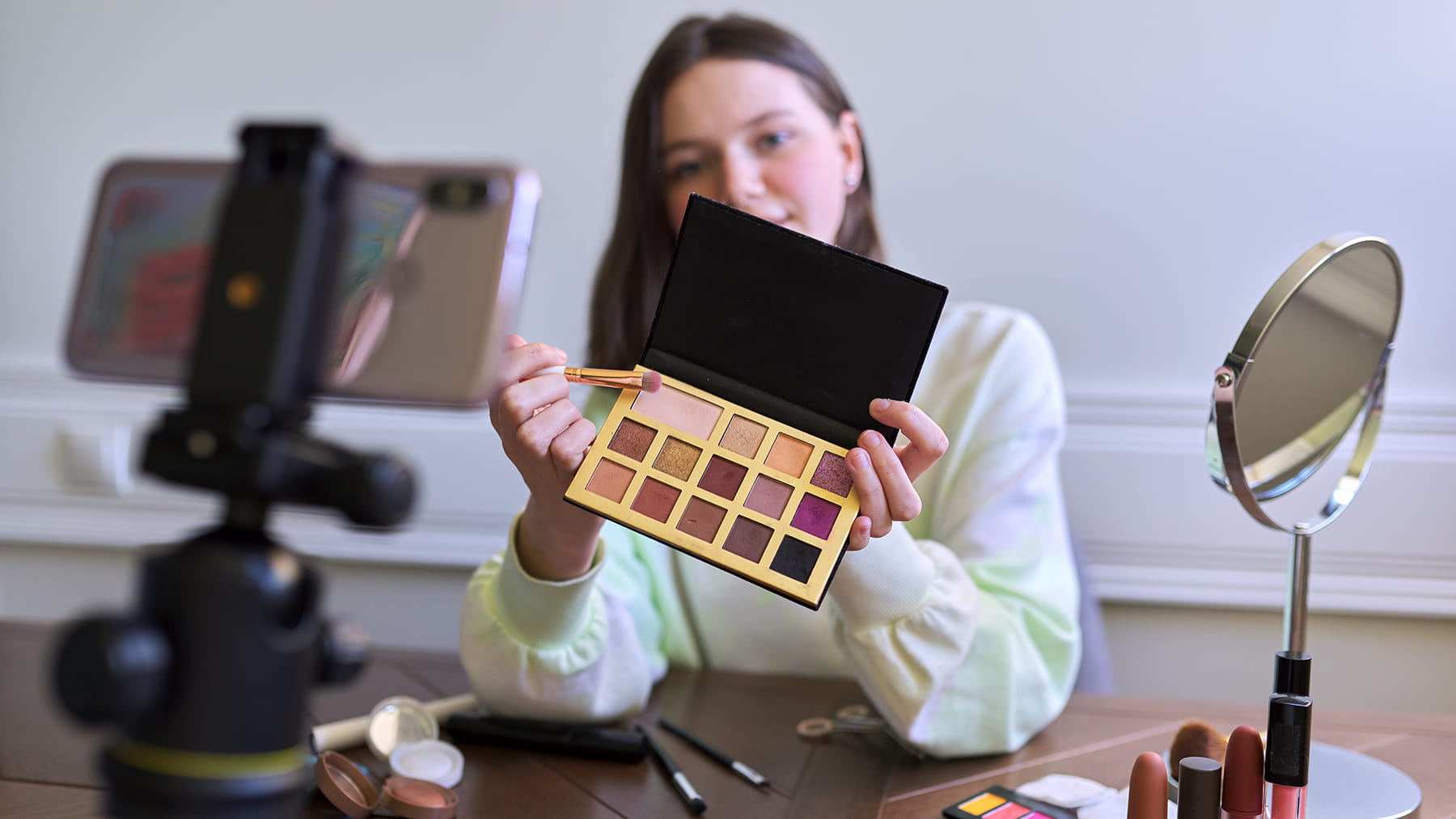Why do adults still get acne?

As a dermatologist, I’m asked about acne every day. It’s one of the top conditions I treat, and though we associate breakouts with teenagers, approximately half of my patients are over the age of 18.
The condition is especially prevalent in women, who may continue to contend with acne until menopause.
Adults oftentimes are embarrassed to talk about their acne, but they shouldn’t be – adult-onset acne is common and we have many treatments for adults, just as we do for teens.
What is acne?
Acne occurs when dead skin cells and excess oil from sebaceous glands combine and create comedones, more commonly known as blackheads and whiteheads. Bacteria proliferate in the clogged pores, and they become inflamed, creating inflammatory acne, which may manifest as pimples, pustules or cysts.
What’s the difference between teen acne and adult-onset acne?
Adult-onset acne may look different than the acne we had as teens. Teen acne is generally found in the “T-zone” – around the forehead and nose, where the sebaceous glands are most prominent. Teenagers are most prone to acne because hormonal changes during puberty cause their sebaceous glands to secrete much more oil than adults. However, adult-onset acne may be induced by other hormonal factors. In women, it typically manifests as deep nodules around the chin, jawline and neck, and may heal with hyperpigmentation.
In women, hormonal changes associated with their menstrual cycle, pregnancy and menopause can spur acne flares. It’s important to discuss with your physician if acne gets worse around the time of your menstrual cycle.
Occasionally, acne could be an indicator of more serious, underlying problems, such as polycystic ovarian syndrome. These patients will have severe acne that doesn’t respond to typical therapy, along with more serious symptoms. Using oral contraceptive pills can be beneficial for acne but also may exacerbate it, as can other changes in contraceptive status such as IUDs or injectable treatments.
Adult hormone changes also could be the result of other chronic medical conditions, such as obesity or medications used to treat other conditions. For instance, oral steroid medications (prednisone, dexamethasone, etc.) may need to be adjusted or discontinued if acne persists.
There also are non-hormonal explanations for adult-onset acne. Increased stress levels are notorious for causing flare-ups for any number of skin conditions, including acne, but also other chronic skin conditions such as eczema and psoriasis. There are a number of different medical hypotheses as to why this is; some dermatologists think that this may be due to the fact that the skin and the brain originate from the same cell line in embryonic development.
Certain dietary factors have been shown to trigger adult acne, such as high intake of dairy products or foods high in glucose.
How is acne treated?
Acne lesions eventually will heal on their own, but the discoloration (known as post-inflammatory hyperpigmentation) may take several months to fully clear. If you’re suffering from mild-to-moderate breakouts that are new, it’s reasonable to try over-the-counter treatments first. These may include topical antibacterial treatments, like salicylic acid or benzoyl peroxide; there is also a vitamin A derivative known as adapalene gel, which is very effective for certain patients.
Likewise, if the persistent discoloration is bothersome, you may try a fading agent, such as a topical azelaic acid gel or glycolic acid wash, also available over the counter. If your skin doesn’t get better after a month of treatment with over-the-counter therapy, it’s prudent to see a dermatologist to learn if there’s an underlying problem and potentially try stronger prescription therapy.
At the doctor’s office, several other treatment options are available. Adult-type acne requires special consideration of unique therapy regimens, which may vary a great deal from those used to treat classic teenage acne. For instance, in milder cases, topical anti-inflammatory gels, like dapsone gel, help to alleviate cysts, nodules and stubborn lesions.
Another option for women is anti-androgen pills, such as spironolactone, which are taken daily to block androgen hormones from being expressed in the skin; these are typically very effective. In the most severe cases, isotretinoin, an oral vitamin A derivative that reduces the amount of oil released by the skin, is used as a last resort. About 85 to 90 percent of patients who take this medication will not have acne again, but this intensive treatment can come with severe side effects.




